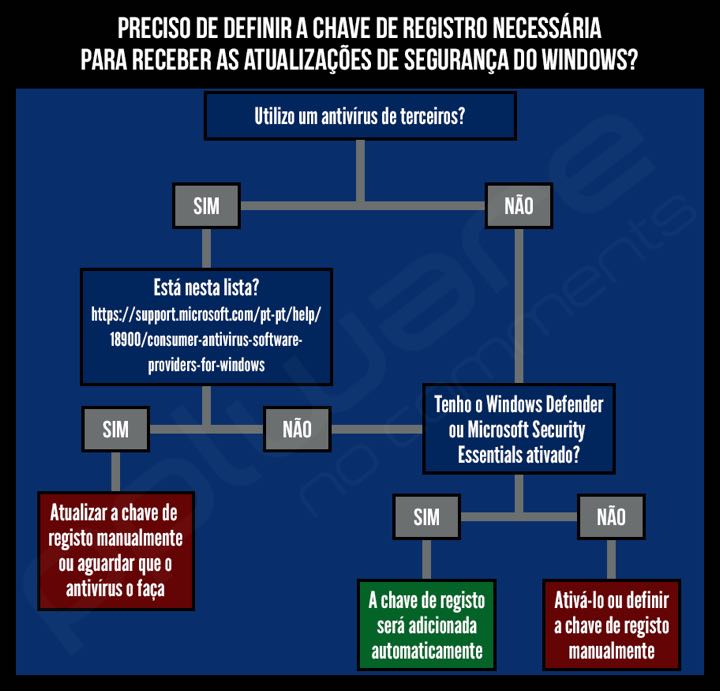On Tuesday, the company released updates to the Sierra and El Capitan operating systems that will protect users from Meltdown, the design flaw that could let hackers access sensitive information.
Apple released its round of bug fix/security updates - including iOS 11.2.5, macOS 10.13.3 High Sierra, watchOS 4.2.2, and tvOS 11.2.5 - today. In doing so, it also offered some security updates for Macs running older versions of its OS, including OS X 10.11 El Capitan and macOS 10.12 Sierra.
The security updates mainly focus on the Meltdown and Spectre vulnerabilities, which were fixed for High Sierra users a couple of weeks ago. OS X 10.11.6 El Capitan got the smallest update, including fixes for IOHIDFamily, Kernel, QuartzCore, and Wi-Fi.
As for the Sierra update, it's available for machines that are running macOS 10.12.6. It includes the above fixes, but it also includes improvements for Audio, LinkPresentation, Security, and there's an additional Kernel fix.
Obviously, it's recommended that you install these updates as soon as possible. Meltdown and Spectre are significant vulnerabilities, so you're going to want to stay on top of any fixes that are made available now, as well as moving forward.
Security researchers have recently uncovered security issues known by two names, Meltdown and Spectre. These issues apply to all modern processors and affect nearly all computing devices and operating systems. All Mac systems and iOS devices are affected, but there are no known exploits impacting customers at the time of this writing. Since exploiting many of these issues requires a malicious app to be loaded on your Mac or iOS device, we recommend downloading software only from trusted sources such as the App Store.
Apple has already released mitigations in iOS 11.2, macOS 10.13.2, and tvOS 11.2 to help defend against Meltdown. Security updates for macOS Sierra and OS X El Capitan also include mitigations for Meltdown. To help defend against Spectre, Apple has released mitigations in iOS 11.2.2, the macOS High Sierra 10.13.2 Supplemental Update, and Safari 11.0.2 for macOS Sierra and OS X El Capitan. Apple Watch is not affected by either Meltdown or Spectre.
We continue to develop and test further mitigations for these issues.
El Capitan Update Download
Background
The Meltdown and Spectre issues take advantage of a modern CPU performance feature called speculative execution. Speculative execution improves speed by operating on multiple instructions at once—possibly in a different order than when they entered the CPU. To increase performance, the CPU predicts which path of a branch is most likely to be taken, and will speculatively continue execution down that path even before the branch is completed. If the prediction was wrong, this speculative execution is rolled back in a way that is intended to be invisible to software.
The Meltdown and Spectre exploitation techniques abuse speculative execution to access privileged memory—including that of the kernel—from a less-privileged user process such as a malicious app running on a device.


Meltdown
Meltdown is a name given to an exploitation technique known as CVE-2017-5754 or 'rogue data cache load.' The Meltdown technique can enable a user process to read kernel memory. Our analysis suggests that it has the most potential to be exploited. Apple released mitigations for Meltdown in iOS 11.2, macOS 10.13.2, and tvOS 11.2, and also in Security Update 2018-001 for macOS Sierra and Security Update 2018-001 for OS X El Capitan. watchOS did not require mitigation.

Our testing with public benchmarks has shown that the changes in the December 2017 updates resulted in no measurable reduction in the performance of macOS and iOS as measured by the GeekBench 4 benchmark, or in common Web browsing benchmarks such as Speedometer, JetStream, and ARES-6.
Spectre
El Capitan Update For Meltdown 2016
Spectre is a name covering multiple different exploitation techniques, including—at the time of this writing—CVE-2017-5753 or 'bounds check bypass,' and CVE-2017-5715 or 'branch target injection,' and CVE-2018-3639 or “speculative bounds bypass.” These techniques potentially make items in kernel memory available to user processes by taking advantage of a delay in the time it may take the CPU to check the validity of a memory access call.
El Capitan Update For Meltdown Windows 7
Analysis of these techniques revealed that while they are extremely difficult to exploit, even by an app running locally on a Mac or iOS device, they can be potentially exploited in JavaScript running in a web browser. On January 8th Apple released updates for Safari on macOS and iOS to mitigate such timing-based techniques. Testing performed when the Safari mitigations were released indicated that the mitigations had no measurable impact on the Speedometer and ARES-6 tests and an impact of less than 2.5% on the JetStream benchmark. We continue to develop and test further mitigations within the operating system for the Spectre techniques. watchOS is unaffected by Spectre.